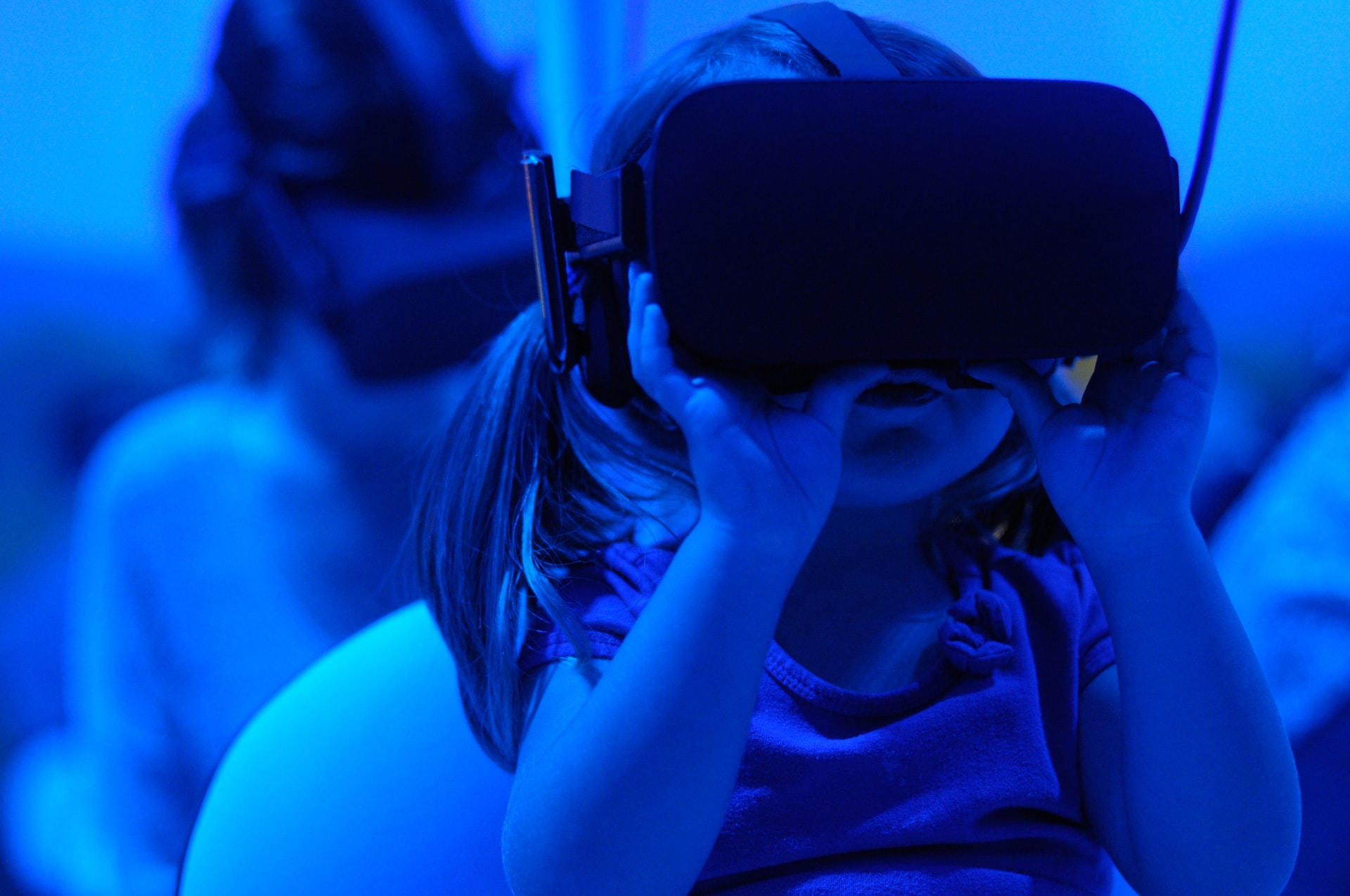

“Change is the only constant,” said Heraclitus (around 500 BC), as the basis for his theory of flux.
His words ring not only relevant today, but exponentially so, as confirmed by Ray Kurzweil, entrepreneur, and futurist, creator of the first reading machine for the blind, speech recognition technology, in his book, The Age of Spiritual Machines, in which he asserts that by 2020, computers will have outpaced the human brain in terms of computational power.
We see and feel it all around us, as we upgrade our computers, cell phones, build new homes, engage with our banks, and zoom, in pandemic times.
The accelerated speed of availability of new computers, devices, robots, catapults us into virtual and related realities; this has, is, and will be changing everything in our lives; the way families, communities, governance systems, food and accommodation, learning, work, health, exercise communications and travel systems, function.
In education, there are already schools (or should we call them learning systems), South Africa included, where learners attend the site of registration, physically at most four times a year. The rest of the learning happens at home, or wherever the learner can access the learning material. Sport, arts, and other co-curricula development are taken care of outside the site of registration. In ideal situations, learners can excel more quickly because of the individual attention, self-paced learning paths, immediate feedback and flexible options that are available.

The possibilities are phenomenal and there is a solid body of work globally and locally confirming and supporting the potential, despite the challenges of the digital divides. The Brookings Institute has released a document on “ Leapfrogging Inequality”, outlining the reasons for change as well as the emerging change environment by presenting case studies from around the world. In South Africa, Operation Phakhisa has focussed on setting up an ICT-based education system, the Western Cape has adopted, promoted, and advanced its E-learning Strategy, and other provinces have followed, albeit some are constrained by resource availability.
As this sweep of change, the stuttering hurtle of movement from a combined and uneven pre-modern, colonial, modern, post-modern society into the 4th and 5th Industrial 21st Century Society, is happening, the nagging background echo of inequality of access to the exciting change was brought more starkly to the fore by the Covid-19 pandemic.
This dual reality of the accelerated pull into digital ecstasy and the pullback of inequalities sketches the mainframe of our opportunity and challenge. If we understand and embrace this context, exciting opportunities can emerge.
“If you want to teach people a new way of thinking, don’t bother trying to teach them. Instead, give them a tool, the use of which will lead to new ways of thinking.”
- R. Buckminster Fuller, author, inventor, architect, futurist.
Yours in Education
Haroon Mahomed
Acting Deputy Director-General
Western Cape Education Department
Do you have an educational app, video, ebook, course or eResource?
Contribute to the Western Cape Education Department's ePortal to make a difference.


